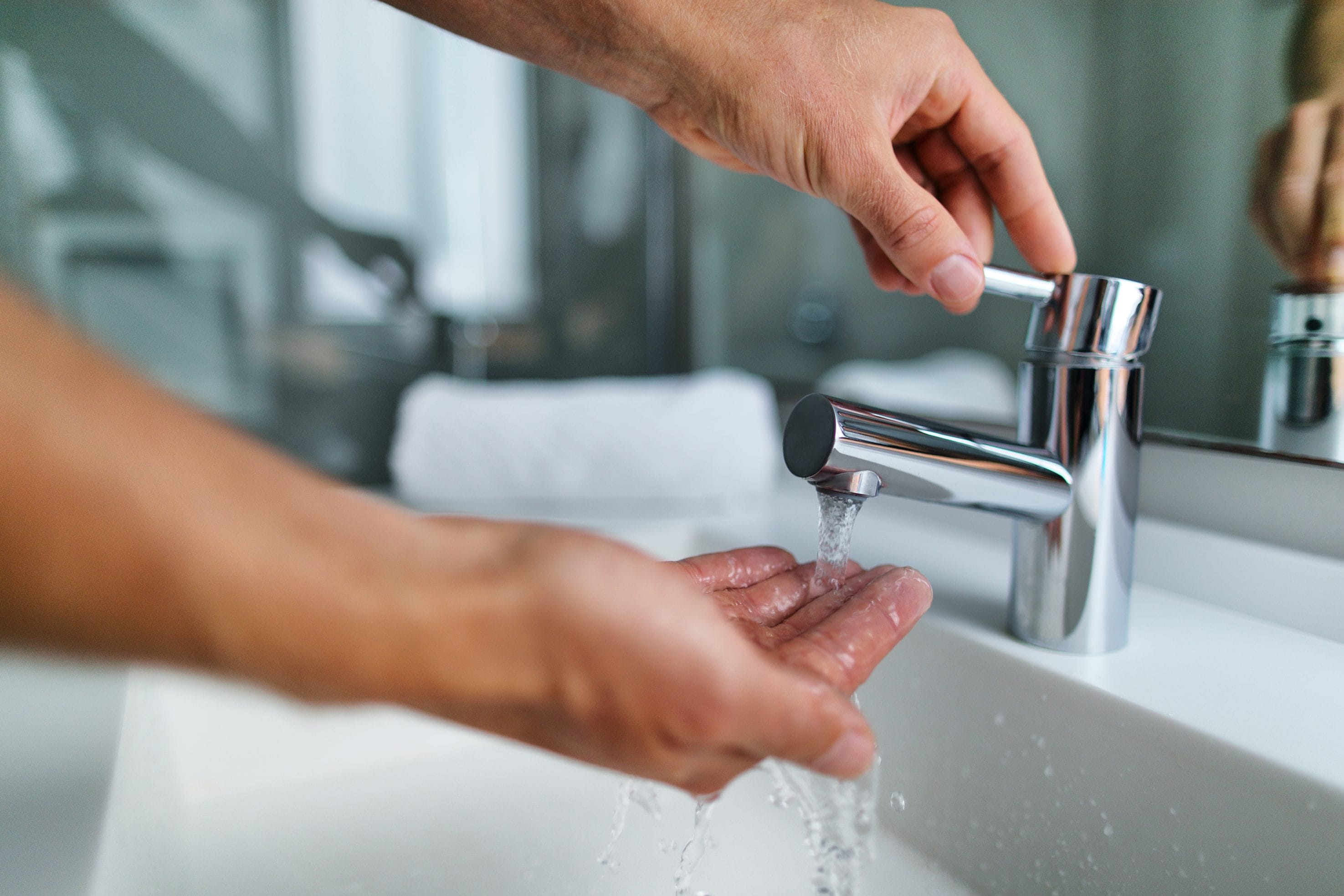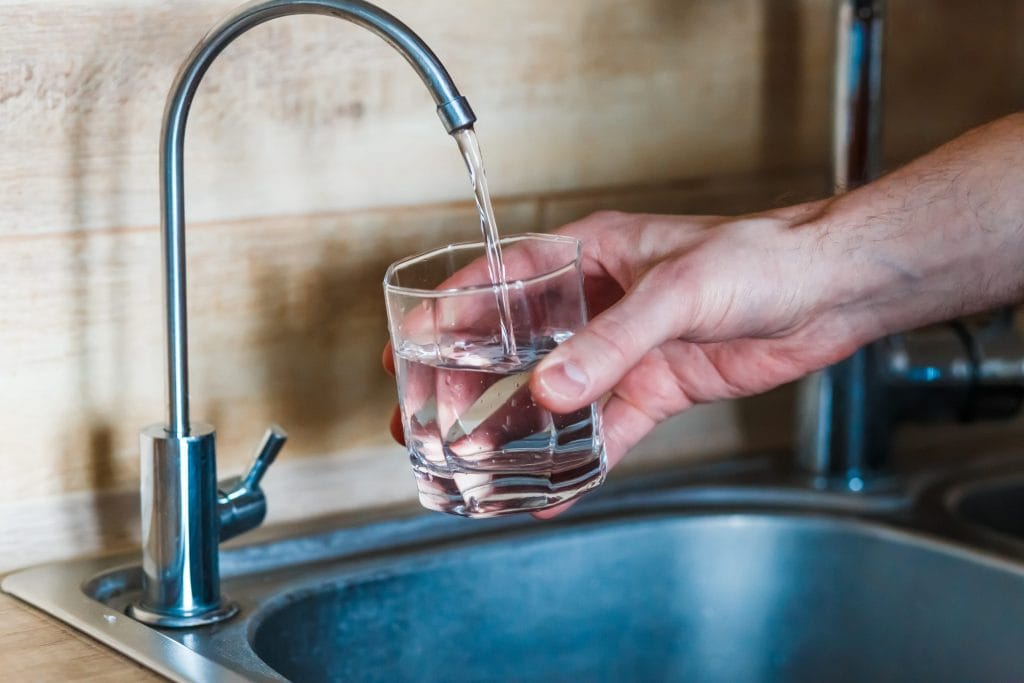Trusted Whole-House Water Filtration SYSTEMS
Pure Emerald Coast offers premium whole-house water filtration systems designed to provide your entire home with clean, safe, and delicious water straight from every tap.
Comprehensive
Filtration
Improved Water
Quality
Efficient
Installation
Customizable
Options

Pure Water for a Healthier Lifestyle
A whole-house water filtration system is crucial for protecting your family from the harmful effects of contaminants found in tap water. Our systems provide a first line of defense against impurities, ensuring that every drop of water you use is clean and safe.
Pure Quality You Can Trust
At Pure Emerald Coast, we specialize in delivering premier whole-house water filtration systems that transform your water into the clean, pure resource it was meant to be. Utilizing superior EcoWater technology, our solutions bring health and wellness right to your taps.

Why Choose Our Whole-House Water Filtration
Pure Emerald Coast stands out for its commitment to delivering high-quality, customized whole-house water filtration solutions. Backed by decades of expertise and cutting-edge EcoWater technology, we offer unparalleled benefits and peace of mind.
Custom Solutions
Each system is uniquely designed to fit your home’s plumbing layout and water usage.
EcoWater Technology
Benefit from the efficiency and durability of high-grade EcoWater equipment.
Smart Leak Detection
Minimize risk with our intelligent leak detection and alert system.

Initial Consultation
We begin by evaluating your water needs and assessing your home’s layout.

Tailored Design
We create a customized filtration system plan that fits your needs perfectly.

Expert Installation
Our technicians install your system with precision and care.
Streamlined Filtration Installation Process
Our step-by-step process ensures your whole-house water filtration system is seamlessly integrated into your home. Enjoy a tailored approach, quality installation, and ongoing support for optimal performance and peace of mind.
Frequently Asked Questions About Whole-House Water Filtration
Below, you’ll find answers to some of our most frequently asked questions. Feel free to contact us for any additional inquiries.
What Our Customers Say About Our Water Services
Valuable Resources for Whole-House Water Filtration
Discover our collection of insightful resources designed to enhance your understanding and management of whole-house water filtration systems.

How to Choose the Right Water Filtration System
Access to clean water is fundamental for every household, ensuring the health…

Why Water Filtration is Essential for Emerald Coast Homes
Living along Florida’s Emerald Coast, from the pristine beaches of Destin to…

Health Benefits of Purified Water and Air
The Emerald Coast, with its stunning beaches and vibrant communities like Santa…
"*" indicates required fields
